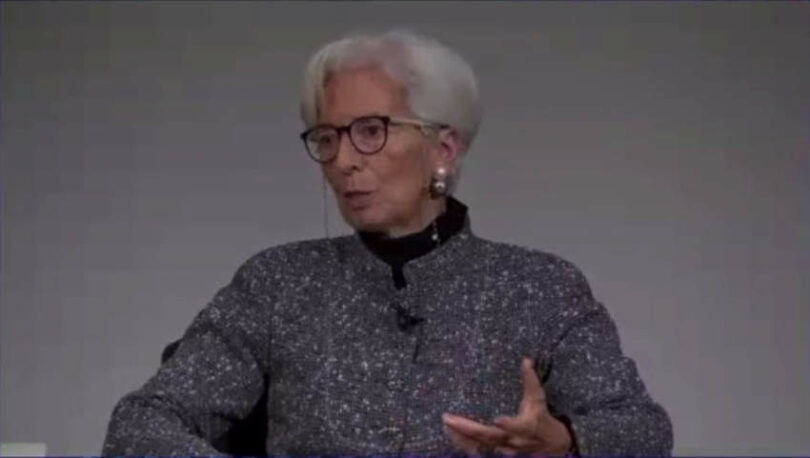Speaking at the 2023 BIS Innovation Summit today, European Central Bank (ECB) president Christine Lagarde outlined the motivations behind the development of a digital euro. As in previous occasions, the issue of monetary sovereignty played a leading role as Europe hopes to reduce its dependence on foreign international payments systems.
Starting with resilience, Ms. Lagarde highlighted the need to avoid repeating the same mistakes as with Russian energy dependence and instead safeguard European payment autonomy by developing its own central bank digital currency (CBDC). “As we have experienced recently with other instruments that are of critical use, such as energy, it is very unhealthy to rely on one single source,” the president said.
Ms. Lagarde also noted that current means of payment “are not necessarily European, so we just have to be careful,” probably referring to the likes of US-based Visa and Mastercard, which process two-thirds of European card payments, as well as Paypal and other digital payment platforms.
As for integrity, the president referred to the Eurozone’s recent dwindling use of cash, which accelerated during the Covid-19 pandemic and the Russian invasion of Ukraine. “The numbers are very clear,” she noted. “We have seen a decline of 72% to 59% in terms of use of cash, and digital payments have virtually tripled during that same period.”
Moreover, Ms. Lagarde argued that Europe is responding to long-term behavioral shifts, explaining that “people are clearly expressing a preference for it (digital), and there is no reason why we at the central bank should not be exploring the reasons why digital cash can be of good use.”
She pointed to the integrity of the broader financial system, noting that a CBDC will allow the ECB to ensure an anchor for monetary policy and sovereignty.
Lastly, Ms Lagarde also stressed the need for a digital euro that is “available to all, anywhere, and anytime,” which will be crucial to advance the central bank’s third objective: monetary integration. Digital payment methods have sprawled across many countries in Europe, but often have been exclusively national networks. Instead, the ECB wants to aim for inclusive, universal access and ensure that a digital euro is available “at the cheapest possible cost, possibly at no cost for the most basic functions.”
The ECB’s governing council will decide in October whether to move ahead with the technical implementation phase. However, a decision on whether or not to actually launch a digital euro is still a way off.






